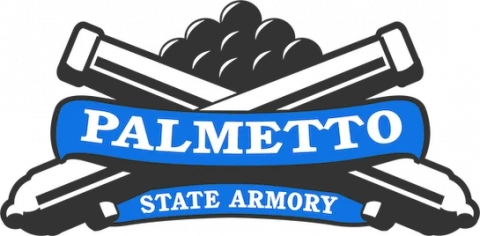About Richardson and Overman 1860 Gallager Carbine
The Gallager carbine is an American black powder breechloading rifle produced in the American Civil War. Mahlon J. Gallager, a South Carolina native, developed the weapon while he resided in Savannah, Georgia in July 1860. Gallagher received patent # 29,157 for his prototype carbine and subsequently the Philadelphia firm of Richardson and Overman obtained the rights to manufacture Gallager’s product via several contracts with the U.S. Ordnance Department. From its factory location at 12th and Thompson Sts, the firm produced almost 18,000 of these carbines for the Federal government from 1861 to 1865. The Gallager was loaded from the rear with brass cases, which contained the projectile and the propellant. Covered by a disc made of greased felt, the projectile was inserted in the barrel after it was tilted up by a lever, followed by the case, and (like the concurrent muzzleloaders, such as the Springfield) were ignited by percussion cap, which was placed on the bolt face. The brass cases had a paper patch in the base, to prevent powder seepage and still allow the cap to fire the round. The weapon was 0.525 in (13.3 mm) caliber with a 22 in (56 cm) barrel. The rifle was strongly made, but unpopular with troops. Frequently, the cases stuck due to expansion of the front part and had to be laboriously removed. Fitted with a sling bar with saddle ring on the left side of the frame, the carbine also has a folding single leaf rear sight, iron blade front sight, a slightly curved butt plate and an iron patch box. Stampings on the obverse side of the iron lockplate are: “MANUFACTURED BY / RICHARD & OVERMAN / PHILADA”. An additional stamping of “Gallager’s Patent / July 17th 1860” rests at the left edge of the plate tang.
Richardson and Overman 1860 Gallager Carbine For Sale
Richardson and Overman 1860 Gallager Carbine Comparisons
Richardson and Overman 1860 Gallager Carbine Variations
Similar Products
Richardson and Overman 1860 Gallager Carbine Questions and Answers
No Questions Yet.



















